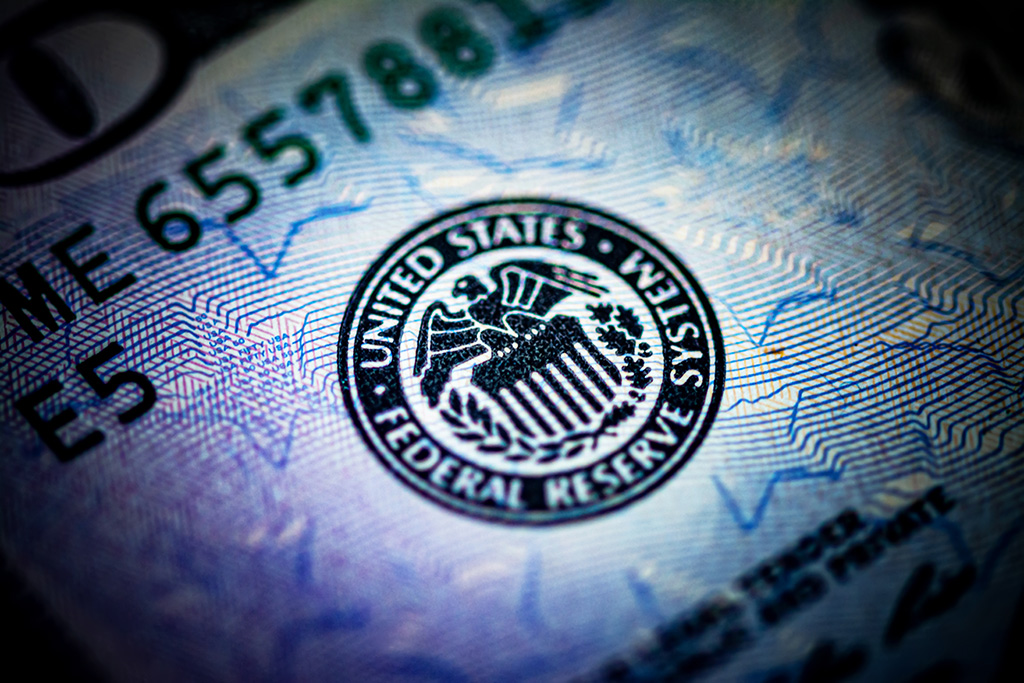When Warren Buffett speaks, the world listens—and rightly so. At 93 years old, the Oracle of Omaha has seen it all: booms, busts, and the long march of U.S. dollar dominance. But his latest remarks have struck a particularly alarming chord. Buffett recently stated that there could be events in the United States that would “make us want to own a lot of other currencies.” Coming from the world’s most famous long-term dollar bull, that’s a seismic shift—and it raises one looming question: Is the end of the Federal Reserve Note upon us?
Cracks in the Foundation
For decades, the U.S. dollar has held its place as the world’s reserve currency, underpinned by trust, liquidity, and the sheer size of the American economy. Yet, Buffett’s comments suggest that he sees vulnerabilities deep within the current financial system—vulnerabilities serious enough to hedge in other fiat and, potentially, hard currencies.
What might he be seeing? Several risks are converging:
- Explosive U.S. debt: With national debt soaring past $35 trillion, the sustainability of endless deficit spending is under fire.
- Monetary overreach: The Federal Reserve’s heavy-handed interventionism—quantitative easing, zero interest rate policies, and liquidity injections—has inflated asset bubbles and devalued purchasing power.
- Geopolitical shifts: Global trade blocs (think BRICS) are actively working to reduce dependence on the dollar, accelerating the push toward a multipolar currency world.
The Asset-Backed Future: Treasury Certificates
Buffett’s allusion to seeking refuge in “other currencies” may not just mean euros, yen, or Swiss francs. There is growing speculation that the United States is preparing to pivot toward a new monetary foundation: an asset-backed Treasury Certificate.
Unlike the Federal Reserve Note—a purely fiat instrument—the Treasury Certificate would be backed by tangible assets such as gold, silver, oil, or even critical minerals. This move would mirror the global trend toward real money as faith in paper promises erodes. Proponents argue that:
- Treasury Certificates would restore trust by linking money to measurable value.
- They would neutralize inflation risks, as the supply would be naturally constrained by asset backing.
- They could reset global confidence in the U.S. monetary system, especially as central bank digital currencies (CBDCs) and de-dollarization gather steam.
Reading Between the Lines
Buffett’s comment is more than just an investment hedge. It’s a signal that even the most stalwart defenders of the dollar recognize tectonic changes coming. His Berkshire Hathaway has already diversified aggressively into non-dollar assets—from Japanese conglomerates to foreign energy plays.
The question is: What should investors do?
- Diversify now. Offshore holdings in multiple currencies and hard assets can shield you from dollar volatility.
- Follow the smart money. As Buffett looks outward, international investors should take note and position accordingly.
- Stay ahead of the curve. If the U.S. transitions to Treasury Certificates, early adopters will benefit from the reset.
Conclusion
Buffett’s quiet warning is a clarion call for those paying attention. The era of unbacked Federal Reserve Notes may be approaching its twilight—and a new dawn of asset-backed money could soon emerge. At Invest Offshore, we are closely watching these developments and stand ready to guide investors through this seismic monetary transition.
Invest Offshore offers exclusive opportunities in asset-backed investments, including projects across Africa’s Copperbelt Region—contact us today to learn how to protect and grow your wealth in the new financial era.

Leave a Reply